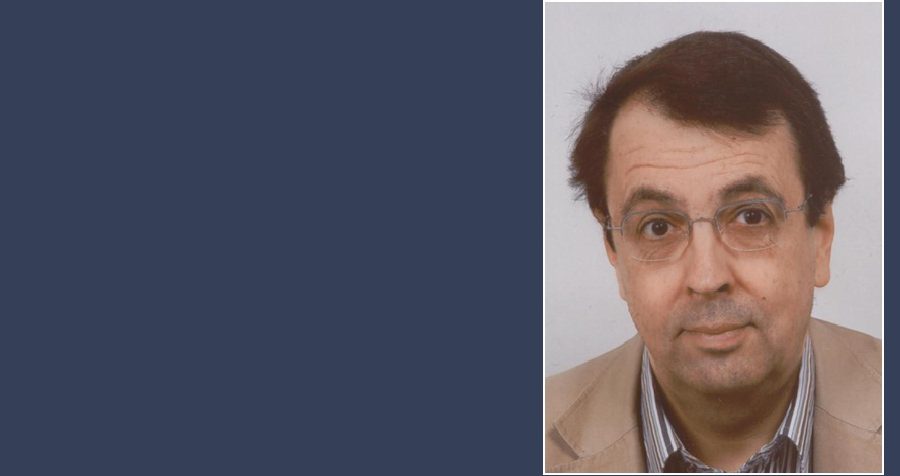“There are decades where nothing happens; and there are weeks where decades happen.” – Vladimir Lenin
Covid-19 has showcased a world more vulnerable than previously thought of as liberal powers take a step back. With the threat of a global recession and mounting casualties, the idea of an interdependent world promoted by neoliberals faces insecurities. The argument of inefficient governments and over-burdened institutions are not new; they are just more exposed in the current condition.
Trust in the interdependent world economy and beliefs in human rights are some of the ideals of flame bearers of democracy and freedom which have been facing increasing backlash. Brexit, increased xenophobia, multiple strikes on personal freedom and state sovereignty, religious fundamentalism, and rise of far-right ideologies in the West are current trends that cannot be ignored.
The Idea of a Fall: Trust or Lack Thereof
The idea that the Western liberal world will collapse has been etched into various theoretical debates of International Relations. The current crisis is just one of the many strands of it. As United States President Ronald Reagan urged Soviet leader Mikhail Gorbhachev in 1987 to “Tear down this wall!”, the world waited with baited breath for the answer from the other side of the Iron Curtain. The crumbling walls that marked the era of a bipolar power structure for many onlookers put the Western World with the US as the leader of a liberal world order. As the world now deals with a major global crisis, trust on liberalism seems to be staggering for many.
The Foreign Policy Centre was quick to move into this discussion. Dr. Kevork Oskanian commented that after a numerous occasions on which the liberal order has been unable to fulfill its ideal stances, faith of the people on it would be a bit shaken up. Therefore, it would undoubtedly be unwise to think that the liberal order will remain unchallenged. The US government has undertaken policies that have put it under fire from various quarters, including some of its own supporters in the aftermath of Covid-19 crisis. President Donald Trump decided to issue a 60-day cut-back on its funding to the World Health Organization, after raising fingers at the institution’s work and questioning its credibility in spreading accurate information. This has brought an onslaught of moral outcry from around the globe.
A global leader that has been heralded as a beacon of liberty and freedom has been struggling to maintain a stable political atmosphere within its domestic spheres. There has been an ever-present clash of ideologies about domestic as well as foreign policies of the US since the last presidential elections. Trump’s claims of Covid-19 being a part of the supposed machinations of Chinese agendas have been controversial. The fact that the administration has also considered punishing China through financial means causes a further strain on an already vulnerable great power relation.
Beyond such political mind-games stands the rest of the world. An article recently published by Al Jazeera has taken into account the general unpreparedness that has been a part of the institutional responses to such crises. There is a gap between capabilities of the developed and developing nations that need to taken into account when thinking of moving beyond the effects of this pandemic. The European Union, which has stood as the other great pillar of this world order, has not remained unscathed with the effects of this pandemic. Amidst the two possible Eurogroup summits that aimed at formulating a sustainable response to the virus which collapsed in April, there are further anxieties of extreme right militant groups finding space to gain influence in the region.
Other factors that have created widespread apprehension are that of the global economy. The United Nations has warned that 2020 could see a hit of almost US$ two trillion. The recovery period of this event will span months if not years. The Economist has claimed that the end result of this global crisis would be a 90% economy. Until a vaccine is developed, the report argued that economic livelihood of most of the countries will decline. Former US Secretary of State Henry Kissinger has put forth the idea that “Nations cohere and flourish on the belief that their institutions can foresee calamity, arrest its impact and restore stability. When the pandemic is over, institutions of many countries will be perceived as having failed.”
The Rise of the Next?: Beyond the Pandemic
We can believe whatever we may please about the differing views of the current situation of the liberal order. However, the consequences of this pandemic may not be as immediate as some may assume. While there are concepts of newly emerging global leaders, especially China that has been thrown into the mix more than once, there may remain foothold to be gained. China remained at the forefront of the discussion when it was seemingly recovering as the rest were faltering under the pandemic. What cannot be discounted is the present lack of trust in Beijing’s transparency and presentation of information of the crisis. This may remain a bone of contention that the West has had with China in matters of economic and political dealings.
The backbone of the liberal order has always placed faith on global institutions. Harvard University Professor Joseph S. Nye Jr. has claimed there are several factors that come into play when talks of global leadership are concerned. There have been concerns that the institutions like the World Bank and World Health Organization may have acted a little later than preferred during the ongoing crisis. The debt services for around 76 countries were suspended by the global financial institution only after two months of the spread. Yet some have again seen this as an opportunity to build institutional capability and reframe existent ideologies. Certain efforts from institutions like ASEAN, SAARC and the African Union have hailed the significance of regional institutional capabilities in their attempts to coordinate between member states and proposing mediation strategies.
A major thing we need to realize is that Covid-19 may not be the straw that breaks the camel’s back. The pandemic will pass sooner or later and it will leave in its wake new tragedies and beginnings for the people to witness. The strength of global institutional support can only work when states that are stable themselves. The major powers have been scrambling for solutions that lack a common vision for the developing as well as the developed states. Cooperation is a definite option in times of relative stability, but the idea of economic turmoil affecting state policies is a matter of concern. The liberal order may very well survive, but it may also be naive to think that it will not at least have a few more cracks on its surface. As Ana Palacio warns, “the coming economic crisis will deepen doubts about Western liberalism and weaken its position in the global contest of ideas that is currently underway.”



